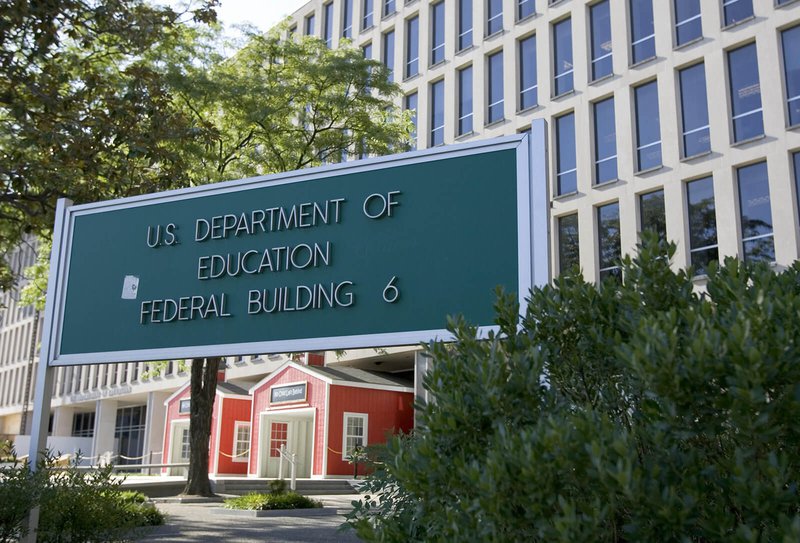FAFSA Mishaps Persist, Prompting Credibility Concerns for Education Department

Earlier this year, the Department of Education delivered what seemed to be promising news. Millions of Free Applications for Federal Student Aid (FAFSA) forms had been successfully submitted, accompanied by an announcement on January 30th. The agency stated that they had updated their aid calculations to simplify the process for families seeking assistance with college expenses. However, buried within the announcement was concerning information: Colleges and universities would not receive students’ financial aid data until March, a delay of over a month from the initial promise.
This delay added another hurdle to an already complex financial aid process for both colleges and students. Many institutions didn’t receive the necessary records until the end of March. Additionally, the agency’s touted update was actually a correction to a significant oversight – the failure to account for inflation in aid calculations. The January announcement was essentially part of a course correction amid mounting scrutiny.
The discrepancy between the department’s optimistic messaging and the harsh realities faced by students led some to criticize the spread of what they deemed a “false positive narrative.” The lack of transparency from the federal government has strained relationships with colleges, high school counselors, and the students they assist.
The problems persist, with the revelation that hundreds of thousands of students were shortchanged on financial aid due to another application error. This setback guarantees further delays for affected students. Moreover, the department underestimated the amount of money available to half a million students for college expenses, potentially leading to recalculations by some schools.
Meanwhile, FAFSA applications have declined significantly from last year, potentially signaling an enrollment crisis for colleges nationwide. The widespread frustration with the Department of Education’s handling of the situation has tarnished trust and raised questions about the cost of these blunders.
Despite the department’s efforts to address the issues, including website updates and daily communication pledges, the toll on students and organizations assisting them is evident. Immigrant families, in particular, have faced significant challenges, further exacerbating the impact of the delays on vulnerable populations.
While the department insists that most of the form glitches have been resolved, internal staff and lawmakers alike are pointing fingers, with some blaming private contractors and others pointing to leadership failures within the department. As investigations into the FAFSA rollout continue, students remain in limbo, awaiting much-needed aid offers. Ultimately, what students seek most is transparency and accountability from those in charge, a sentiment echoed by those assisting them through these challenging times.